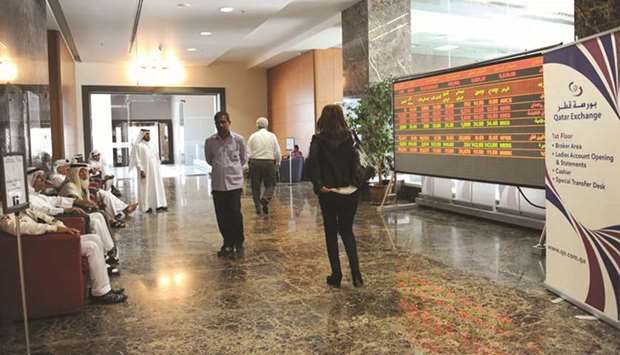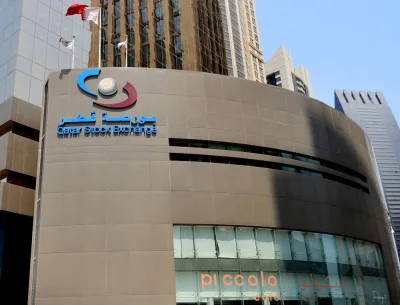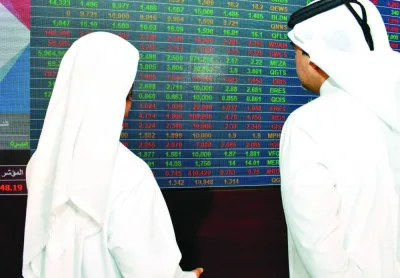The Qatar Stock Exchange (QSE), which is ranked second in performance and capitalisation among the Gulf Co-operation Council (GCC) bourses, witnessed trade turnover registering continuous increases in the first half (H1) over the last three years.
The average daily traded value in H1 this year was QR335.48mn compared to QR327.41mn during the same period of 2017 and QR286.67mn during 2016, a QSE spokesman said.
Although the QSE has the lowest number of listed companies at 45, it is ranked second, after the Saudi market, which has 181 listed companies, in terms of market capitalisation.
At the end of H1 2018, M-cap of the QSE reached $135bn; Saudi at $528bn; Abu Dhabi, with 63 listed companies, at $133bn; Dubai with $96bn; and the Kuwait, with 156 listed companies, at $91bn.
In terms of the overall performance, the QSE’s sensitive barometer reported 5.52% gains year-on-year in H1 2018, Saudi Arabia (15.51%) and Abu Dhabi (3.32%); whereas Kuwait and Dubai witnessed 6.2% and 16.91% declines respectively.
The QSE witnessed an upsurge in foreign investments during this H1 with buying transactions increasing at 41% year-on-year to QR21.8bn. The sell side also increased 21% year-on-year to QR17.6bn.
“The increases (in foreign investment) were largely attributed to the results of the periodic reviews by FTSE Russell and MSCI at the end of the first half of 2018,” the spokesman said.
The corporate sector’s move to ease further entry of foreign investors (up to 49%), especially in the Qatar Petroleum subsidiaries, also brightened the prospects for overseas investors and many underlying bigwigs have already received approval from their respective shareholders regarding this.
Many listed companies such as Industries Qatar, QNB, Woqod, Islamic Holding Group, Nakilat, Milaha, Ezdan Real Estate, Commercial Bank, Aamal Company, Qatar General Insurance and Reinsurance and Doha Bank have announced their higher foreign ownership limit (FOL) up to 49%.
A Deutsche Bank report had earlier said Qatar’s decision to enhance FOL could result in additional inflow of foreign funds (active and passive).
Historically Qatar had only two categories — Qatari and non-Qatari investors —, but with an Amiri decree stipulating increased FOL, the country moved towards a three-tier system where investors have been classified as Qatari, Gulf Co-operation Council and foreign investors.
Any move towards eased foreign ownership in an emerging market is a welcome step, but one also has to look at the ground realities, a market source said, highlighting that the actual FOL has been much lower than the threshold.

Although the QSE has the lowest number of listed companies at 45, it is ranked second in the GCC in terms of market capitalisation.


